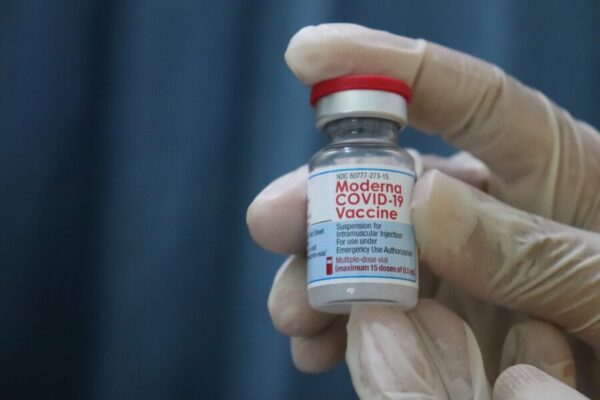By Chia “Francis” Lin, RDHAP
I first learned about mobile dental hygiene 12 years ago and immediately was intrigued by this specialty of preventative care for the dentally underserved. I knew that one day I too would be a hygienist who would travel to see frail elderlies, school children and people with developmental disabilities.
What I didn’t know then was how essential patient education would be to my mobile practice. Indeed, many clients are unaware of the connection between our mouth and body, so their dental needs are often overlooked or neglected.
Meet Julie, a sharp-tongued, non-ambulatory 99-year-old living in a residential care home. The staff complained to me about having a hard time brushing her teeth because, in their words, “She doesn’t see the point.” They introduced us, and while casually chatting with Julie, I right away spotted food debris and dental plaque adhering on her teeth.
Gently, I said, “Julie, did you know all that white gunk on your teeth can inflame your gums, and the bacteria can travel to your heart, lungs and even joints?” She seemed stumped, so I continued, “There is a lot of food and bacteria in the mouth that can cause aspirational pneumonia, which is very dangerous to the elderly.”
“Oh, I didn’t know that,” Julie said, processing this new piece of information on the oral-systemic health link. I proceeded to prepare for the appointment. While still a little apprehensive, she became more open to the idea of getting her teeth cleaned because she understood my rationale.
The oral-systemic health link is a widely accepted theory establishing that oral health is overall health; inflammation and disease in the mouth will increase overall inflammation and disease in the body. In fact, oral health and diabetes have a well-established link. Blood sugar weakens the body’s immune system so it’s harder to fight off bacteria in the mouth. High blood sugar is also present in saliva, which bacteria in the mouth use as food, causing dental decay, gum disease and even tooth loss — if they are not under control. Patients with poor oral health tend to have a difficult time controlling their diabetes, which in turn feeds the disease in the mouth and body.
Furthermore, heart health and oral health go hand-in-hand. Gum disease caused by dental bacteria will cause systemic blood vessels to be inflamed and damaged. Tiny blood clots, heart attack and stroke may follow. Research has found dental bacteria in blood vessels far from the mouth.
Moreover, compounding poor oral health with bad habits, such as smoking and lack of exercise, can lead to seriously compromised cardiovascular health. Additionally, people with high blood pressure are also at risk if they have poor oral health because high blood pressure hardens the blood vessels, making them more vulnerable to inflammation.
Since the mouth is the gateway to the body, it is imperative to reduce bacteria and inflammation in the mouth to reduce the body’s total inflammatory burden.
Please visit www.clinrdhap.com for more information.







